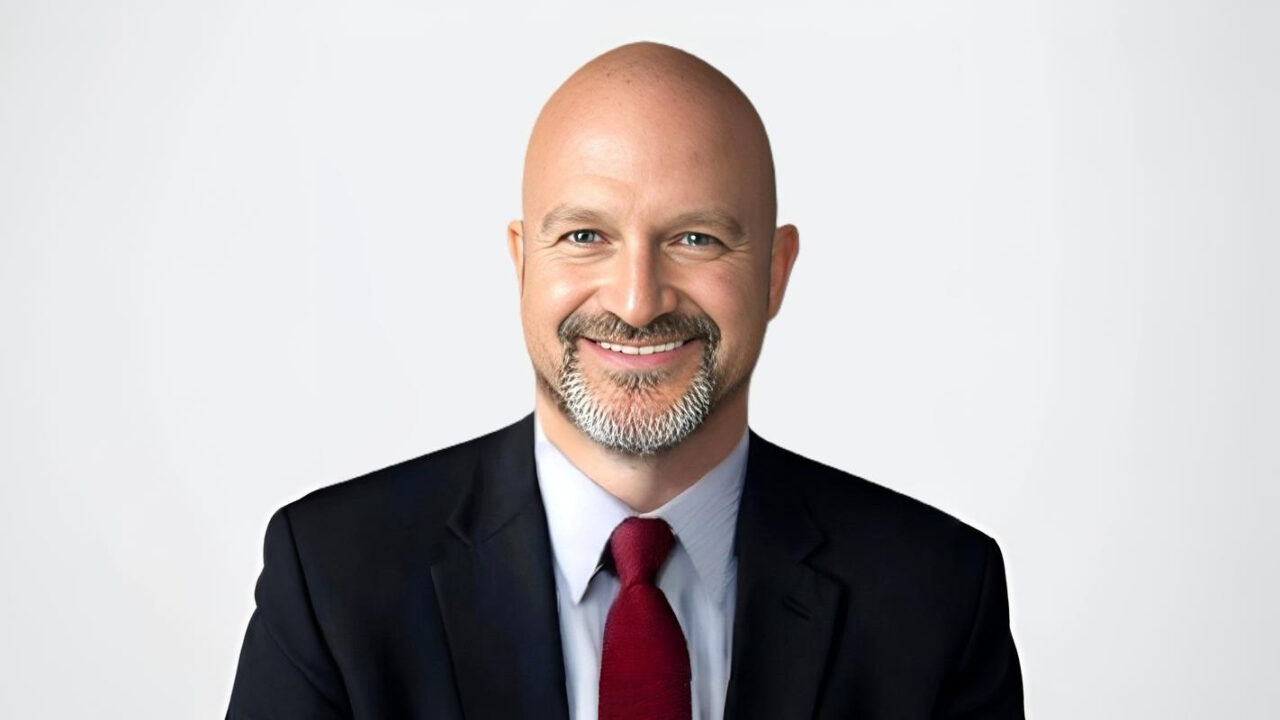Matt Sherer, Director of Oncology Service Line at UMC Health System, shared a post on LinkedIn by Community Oncology Alliance, adding:
“Let’s Talk Real Parity in Healthcare Payment
The discussion around equalizing payments for the same medical services across hospitals and private practices – often called ‘site-neutral payment’ reforms – needs a crucial reality check.
I agree that payment adjustments are necessary to account for the similarities in operational costs. If a service is truly identical, we should minimize unnecessary payment discrepancies. However, the push for total parity risks undermining the complex and essential role of the hospital setting.
Hospitals bear a disproportionately heavy burden of regulatory requirements that do not apply to smaller, independent practices. These mandated requirements include:
- Emergency Care Mandates (e.g., EMTALA): Hospitals are legally required to provide a medical screening exam and stabilizing treatment for all emergency conditions, regardless of a patient’s ability to pay. Private offices have no such obligation.
- 24/7 Readiness and Infrastructure: Maintaining round-the-clock staffing, specialized equipment, and standby capacity for trauma, ICU care, and complex surgical services is immense. This essential public service is a significant operational overhead.
- Higher Regulatory Compliance: Hospitals face stricter standards and more frequent audits under rules like the Centers for Medicare and Medicaid Services Conditions of Participation and greater scrutiny under the Anti-Kickback Statute and Stark Law, which require extensive administrative and compliance resources.
- The Bottom Line: Any site-neutral payment policy that fails to account for these distinct, mandated costs penalizes the infrastructure that underpins our healthcare safety net.
Payment reforms must be nuanced. We should strive for fairness by adjusting payments when costs truly align. Still, we must include a mechanism to compensate hospitals for the substantial, non-negotiable costs associated with their broader regulatory compliance and unique mission as providers of last resort.
What do you think about how to balance cost-efficiency with maintaining hospital readiness?”
Quoting Community Oncology Alliance’s post:
“Payment policies do not keep up with the costs of running an independent practice, which affects how, when, and where patients access cancer care. Patients – especially those in rural or underserved areas – feel the consequences when community oncology practices and physicians are forced out of business because of unfair policies that favor mega hospitals.
Read COA Executive Director Ted Okon’s take on how policymakers can level the playing field in First Report Managed Care.”
More posts featuring Matt Sherer.


